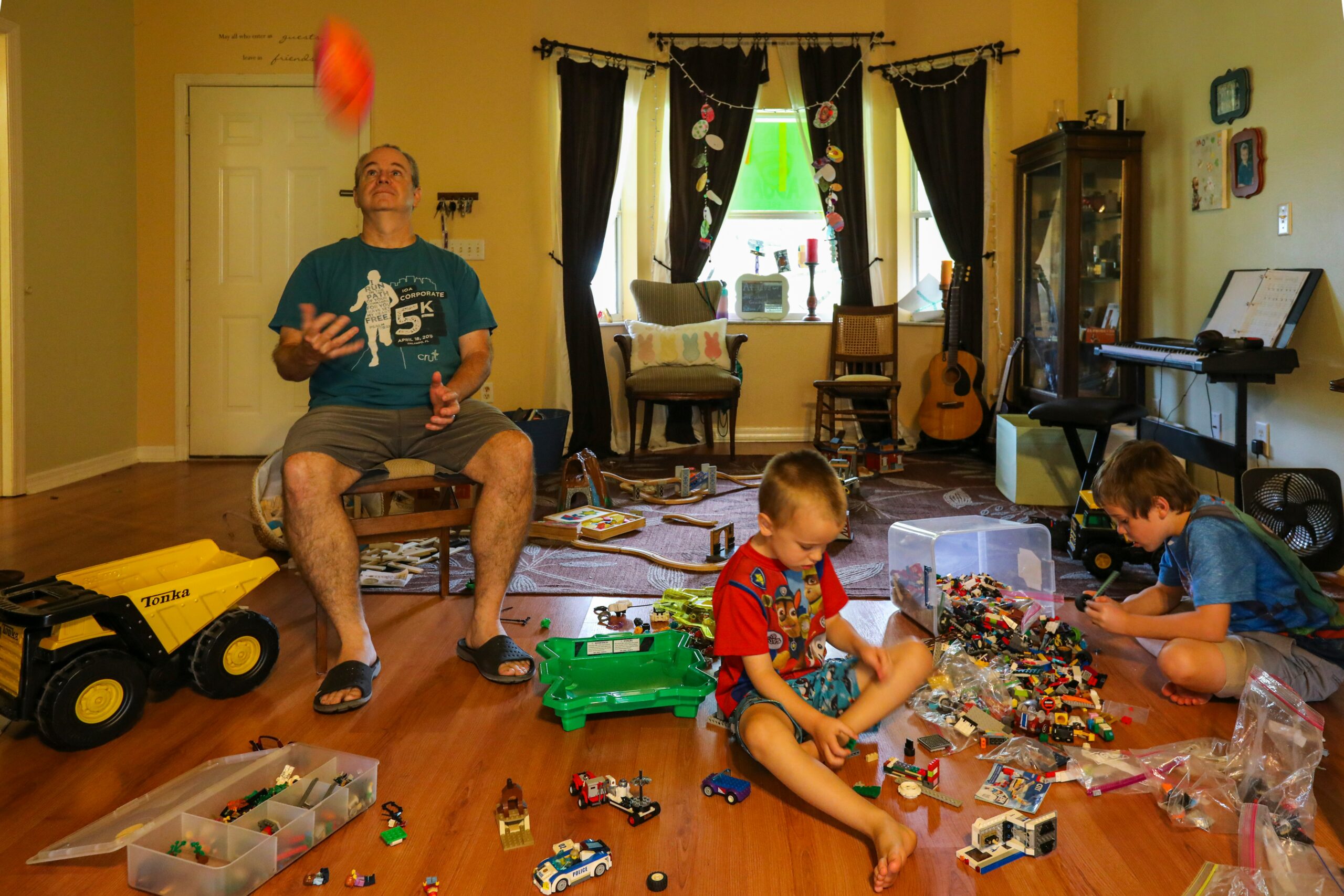As parents who understand the value of teaching kids about money from a young age, we’ve found that instilling financial literacy in our children has been incredibly rewarding. We’ve come together to share some valuable tips for guiding kids of different age groups through their financial journey, and we hope these insights can benefit your family as well.
Thank you for reading this post, don't forget to subscribe!
Preschool Age (3-5 years old)
“We’ve found that introducing basic money concepts through play-based learning has been incredibly effective. Research by Michigan State University supports the notion that children learn best through hands-on activities, making games like ‘store’ or ‘restaurant’ invaluable for helping our little ones understand the exchange of money for goods and services.”
“We’ve started using a clear jar or piggy bank to encourage our preschoolers to save. This simple practice, backed by research showing the value of early financial education by Money as You Grow, is introducing our children to the concept of saving for things they want.”
Elementary Age (6-11 years old)
“Teaching our children to budget has been crucial at this stage. By giving them a small allowance and guiding them to divide it between spending, saving, and sharing, they’re learning valuable money management skills.”
Opening a savings account to teach them about compound interest, which has been highlighted as an effective strategy by financial education experts at Money Management International, has motivated our children to continue practicing good financial habits.







